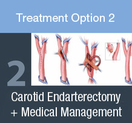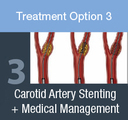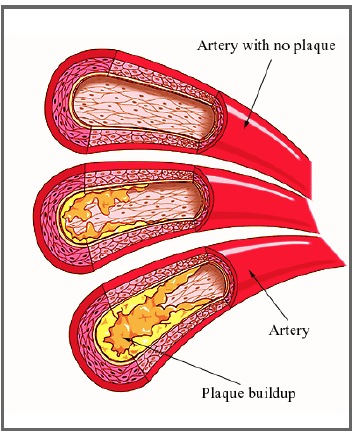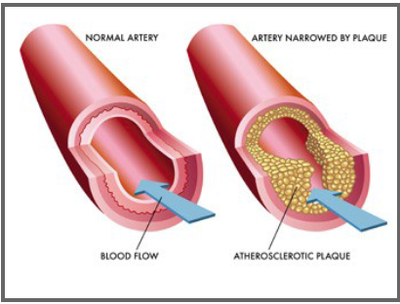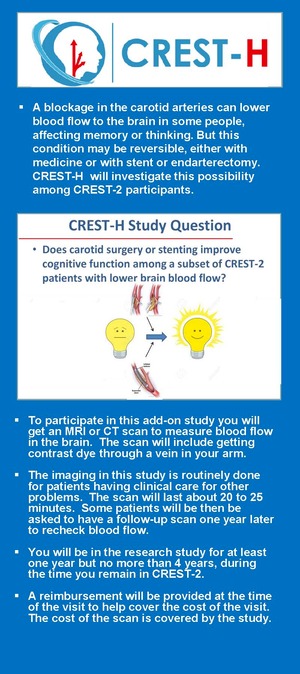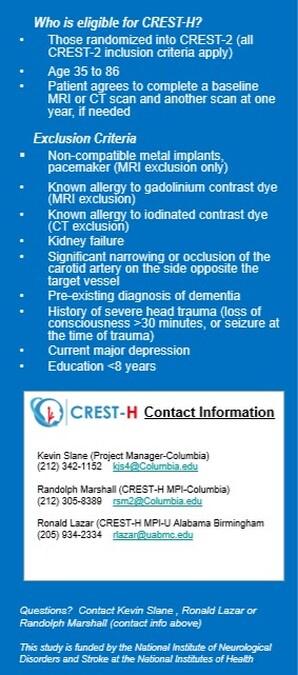To view a video description of the CREST-2 study by Donald Heck, MD click the play arrow on the image below.What is CREST-2? CREST-2 is a study for people who have narrowing of their carotid artery, without stroke warning signs caused by that artery such as mini-strokes, temporary strokes called TIAs, temporary paralysis or numbness on one side of the body, temporary slurring of speech, or other temporary brain symptoms. What is the purpose of CREST-2? CREST-2 is designed to compare three different methods of stroke prevention to find the safest and most effective treatment. The stroke prevention methods include intensive medical management alone compared to intensive medical management in combination with a procedure to reopen the carotid artery in your neck (called revascularization) for treatment of plaque buildup. The two procedures available in this trial are carotid endarterectomy (en-dar-ter-EK-ta-mee) and carotid stenting. All study participants will receive intensive medical management to help control their risk factors for stroke. Why CREST-2? CREST-2 physicians want to find the best way to prevent strokes. Over the past 20 years, medical management of stroke risk factors has improved such that risk of stroke from asymptomatic carotid stenosis has been significantly reduced. Carotid endarterectomy and carotid artery stenting (both revascularization procedures) have also improved. To date, no research has been conducted to compare the treatment differences between 21st century medical management and these two procedures. CREST-2 is intended to compare the two procedures to intensive medical management with drugs and lifestyle modification in patients without recent stroke and without stroke warning signs. The information from this study will help us learn the best way to prevent strokes in other people like you. |
CREST-2 Study
|
In CREST-2, what three methods for stroke prevention are being studied?
Illustrated process of how plaque builds up in your carotid arteries
Watch the video below to hear from a CREST-2 graduated patient what it's like to be a part of the trial!
|
A blockage in the carotid arteries can lower blood flow to the brain, which may affect memory or thinking in some people. But this condition may be treatable, either with medicine or with a stent or endarterectomy. CREST-H, a companion study to CREST-2, will investigate this possibility among CREST-2 participants. Those who are randomized into CREST-2 will be asked if they would like to participate in CREST-H as well. CREST-H participants will receive an MRI or CT scan of the brain’s blood flow free of charge. Reimbursement will be provided at the time of the visit to help cover the cost of the visit. Some participants will be asked to return for a follow up scan one year later.
|


